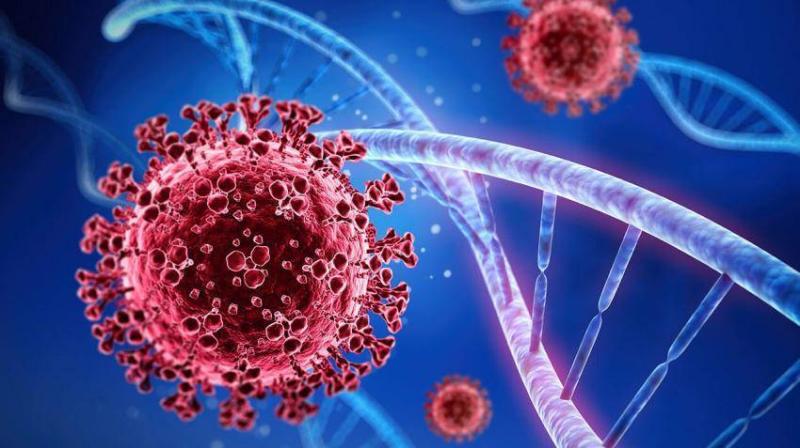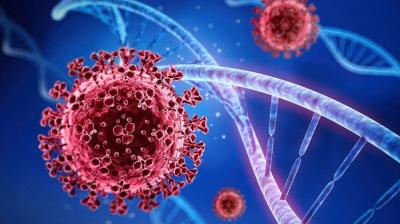Despite more than four years since the emergence of the coronavirus, the origin and nature of the virus remain subjects of debate among scientists, with multiple theories suggesting it either originated from a seafood market in Wuhan or leaked from a research lab. However, a surprising statement made by a well-known professor during a hearing at the United Nations suggested that the pandemic may have begun due to a laboratory accident related to research.
The remark was made by Dr. Philippa Lentzous, an associate professor of science and international security at King's College London, during the launch of a report from an independent working group focused on pandemic risks, advocating for better regulations concerning science that poses risks to large populations. Speaking at the United Nations in New York, she stated, "We must acknowledge the fact that the pandemic may have started from some research-related incidents," as reported by the British newspaper "Telegraph."
She added, "Will we discover that? From my perspective, I think it is unlikely. We need to do better in the future. We will see more mysterious events." She also hinted that there might be future outbreaks, stating, "We won’t know if it was natural, intentional, or accidental, and we as an international community need to find ways to investigate that."
In their new report, the authors of the working group believe that modern virology research "has increased scientists' ability to create viruses that can cause harm, either inadvertently or intentionally, with potentially devastating global consequences." They cautioned that "if the virus has real pandemic potential, the entire world could be affected by an incident."
David Relman, a professor of microbiology and immunology at Stanford University, stated that although the working group did not "explicitly address" the origins of COVID, the question "lies behind the premises of this work and its assumptions and purpose." The report explained that research with the potential to trigger a pandemic holds significant potential for short-term benefits to the global public and should be subject to international scrutiny, which goes beyond ordinary health and safety. It should only be conducted when no alternative is available.
The group also called for new protocols for sample collection and laboratory work, fearing that the virus may have spread from Wuhan after scientists collected infected bats from remote caves, often without adequate personal protective equipment. Rafi Gupta, a professor of clinical microbiology at Cambridge University and co-chair of the working group, emphasized to the UN the importance of "regulating activities related to bat tissues, for instance."
The working group was established under the Bulletin of the Atomic Scientists, taking a full year to issue its recommendations. The group stated it would work with the World Health Organization to implement changes. The coronavirus appeared just eight miles from the Wuhan Institute of Virology in China, which had a history of conducting experiments that enhanced the effectiveness of viruses and was known for lax security.
Meanwhile, Chinese authorities have refused to allow a proper investigation, blocking attempts to access laboratories, research notebooks, or sample databases. Since then, the institute has had its funding stripped by the United States after the Department of Health and Human Services ruled that it was conducting dangerous experiments that increased the effectiveness of coronaviruses before the pandemic.




